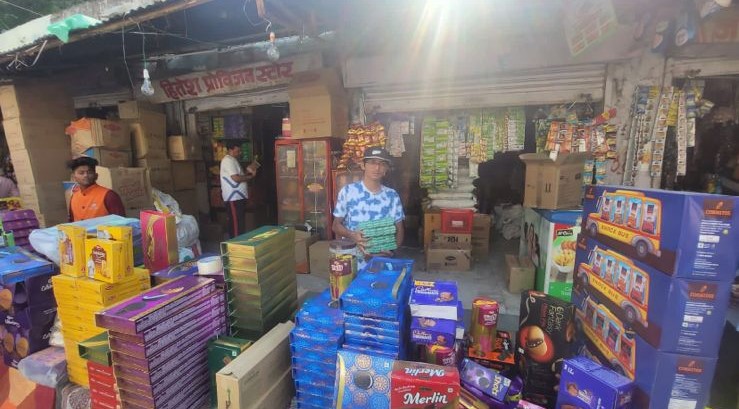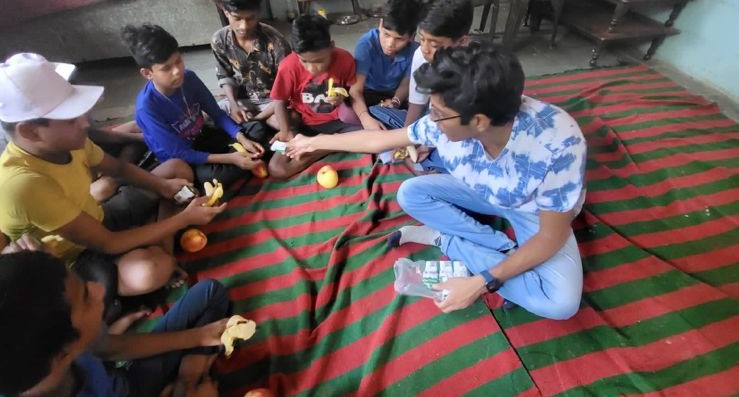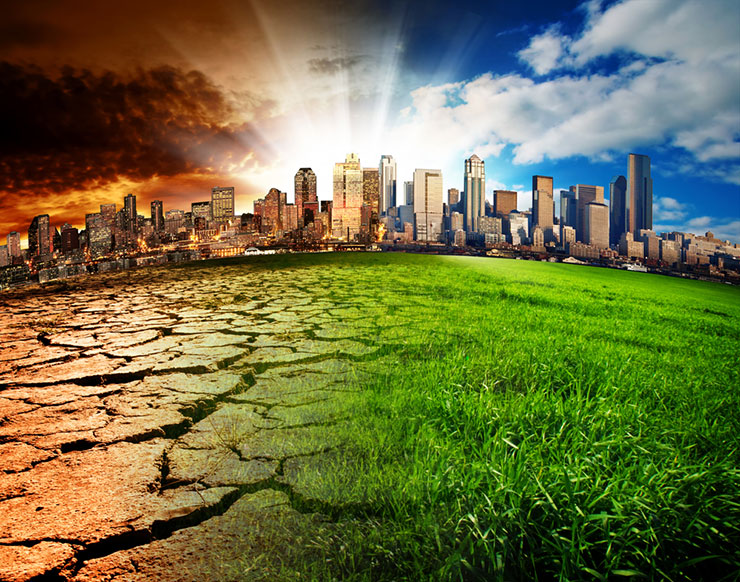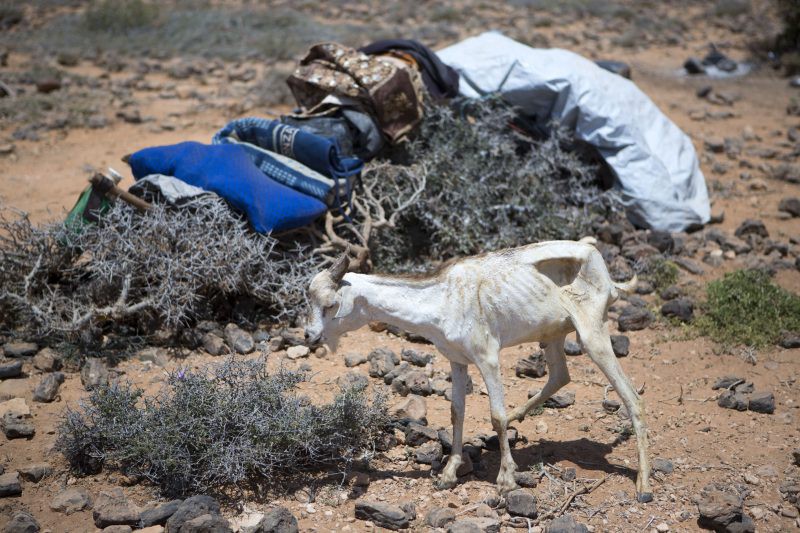Zero hunger
Hunger is a subjective concept, its definition varies from person to person depending upon perception and understanding of requirements and objectives of life, availability of resources, socioeconomic and cultural perspectives. Hunger exists when a person‘s body lacks required nutrients to grow and develop a productive, active and healthy life. The term hunger includes malnutrition, famine, starvation and appetite as well. Hunger also denotes the scarcity of food in a country. In India, hunger is one of the crucial problems. Though it is always assumed that hunger stems from lack of food, it is not completely true as hunger can stem from food mismanagement and wastage as well. For example, while India produces enough food to feed its population, the country is also home to 25 percent of the world’s hungry population. India ranked 103 among 119 countries in the Global Hunger Index (2018) rankings. The country’s economic growth and the changing demographics are also transforming patterns of food demand. Therefore, a holistic approach to food security requires ensuring available, accessible and nutritious food to eradicate hunger and malnutrition in India.
There are currently 795 million undernourished individuals on the planet, and by the year 2050, that number is projected to rise by an additional 2 billion. 12.9% of people live in developing nations, where they make up the great majority of the world's hungry people.
I have provided free ration to the lowest income group for initial two months and also made arrangement of food for them through community services & with the help of the government organisations.
Good health and wellbeing
Health, pleasure, and prosperity are the hallmarks of a state of well-being, which is defined as a sense of satisfaction with life. The maintenance of the human body and all efforts to keep it free from disease and drunkenness while facilitating access to medical care are all part of good health.
Vaccines cost $1 billion USD annually and potentially save up to 1 million children. More than 6 million children still pass away before turning five every year, despite the fact that vaccinations have prevented 17,000 fewer deaths every day since 1990.
Ensuring healthy lives and promoting well-being at all ages is essential to sustainable development. It seeks to ensure health and well-being for all, at every stage of life. It addresses all major health priorities, including reproductive, maternal and child health, communicable, noncommunicable and environmental diseases, universal health coverage; and access to safe, effective, high quality, and affordable medicines and vaccines for all.
A regular supply of water, sanitation, and hygiene practices are key components in any basic health service system. The most critical aspects are access to safe drinking water, use of toilets, and hand hygiene. Correct and continuous practices of these basic factors lead to prevention of disease spread. The village people face health challenges due to lack of access to clean water, proper sanitation, and availability of soap and handwashing facilities.
To tackle these social, economic, and health-related challenges, I have arranged various awareness programs to spread the importance of safe drinking water, use of toilets, and the benefits of washing hands thoroughly.
I also arranged to provide medical assistance to the villagers by affiliating with other hospitals. I used to Set up health & hygiene camps and provided free health checkups & vaccines to people of all ages.
Quality education
Education is the process of assisting learning, or the development of knowledge, skills, values, beliefs, and habits. In particular, quality education comprises matters like the development of adequate skills, gender parity, the supply of proper school infrastructure, equipment, educational materials and resources, scholarships or teaching staff.
Although in developing nations around 91% of the children are enrolled in school, there still are about 57million children who are not attending school. In sub-Saharan Africa, more than half of youngsters do not attend school. Children of primary school age who are not enrolled in school live in conflict-affected areas, according to estimates. More than 60% of the 103 million young people who are still illiterate worldwide are female.
In order to provide quality education to the village students belonging to humble backgrounds, I often arrange to organize education fair where school teachers from Apex International School talk about the importance of education & it’s impact to the village students. The teachers also motivate & give free interactive lessons to encourage the interest of the students & their engagement in education.

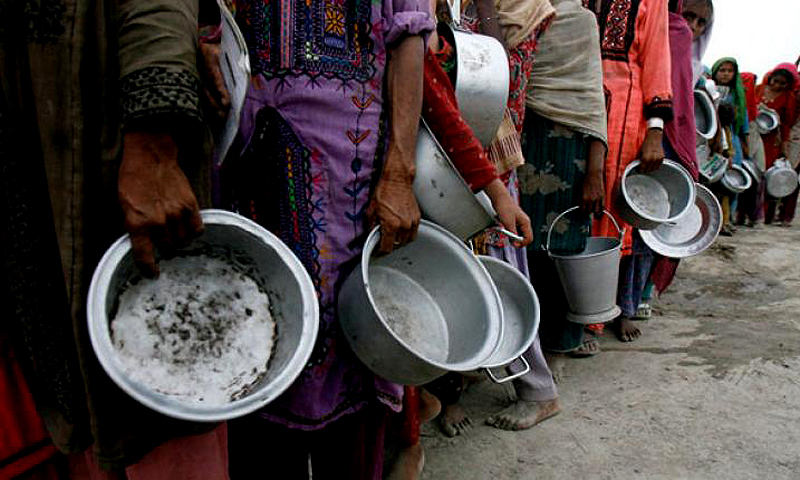
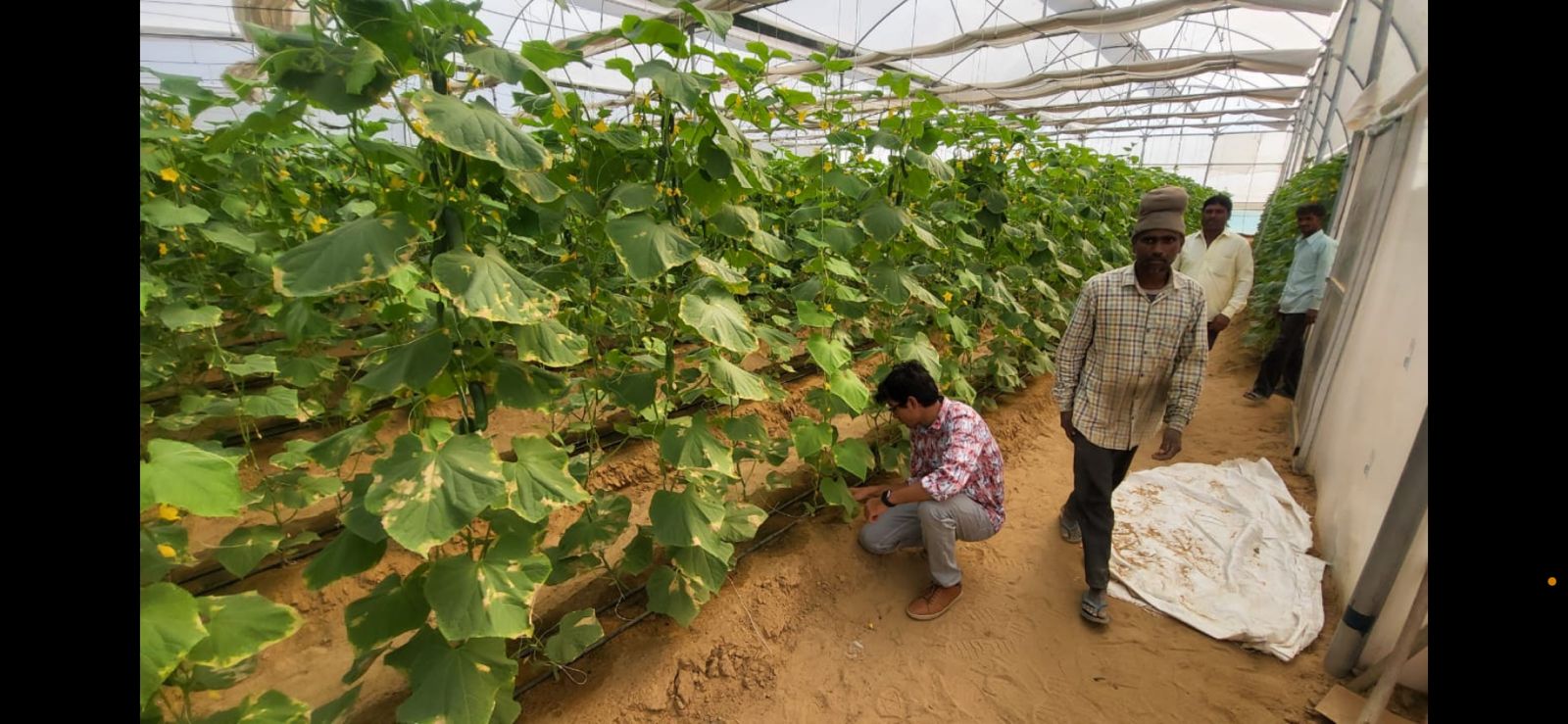
.jpeg)
.jpeg)
.jpeg)

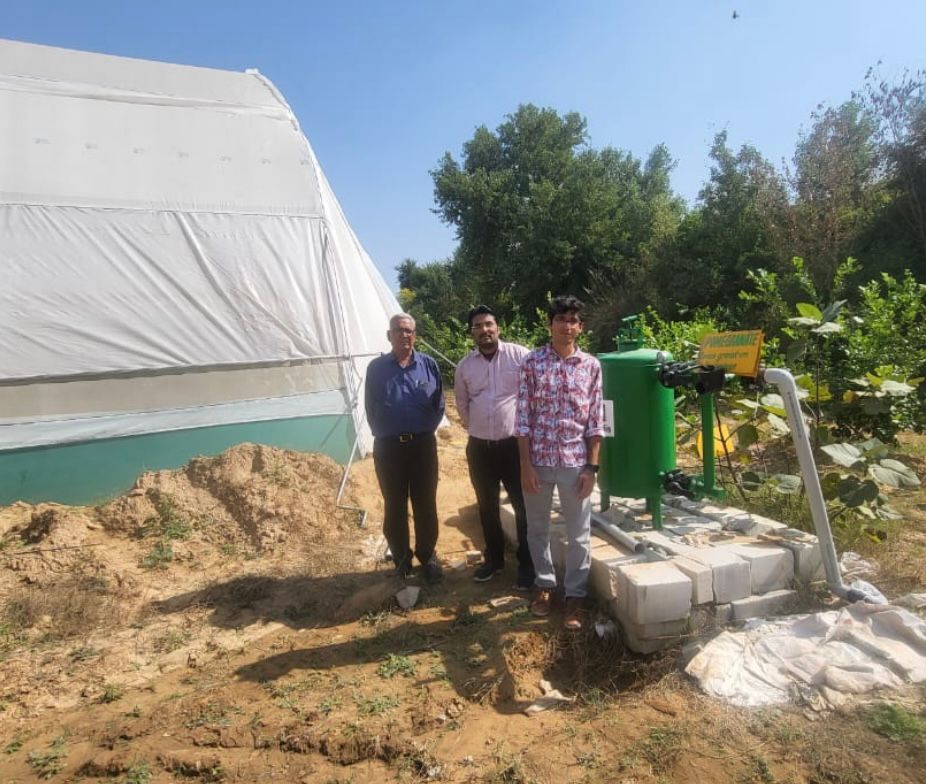
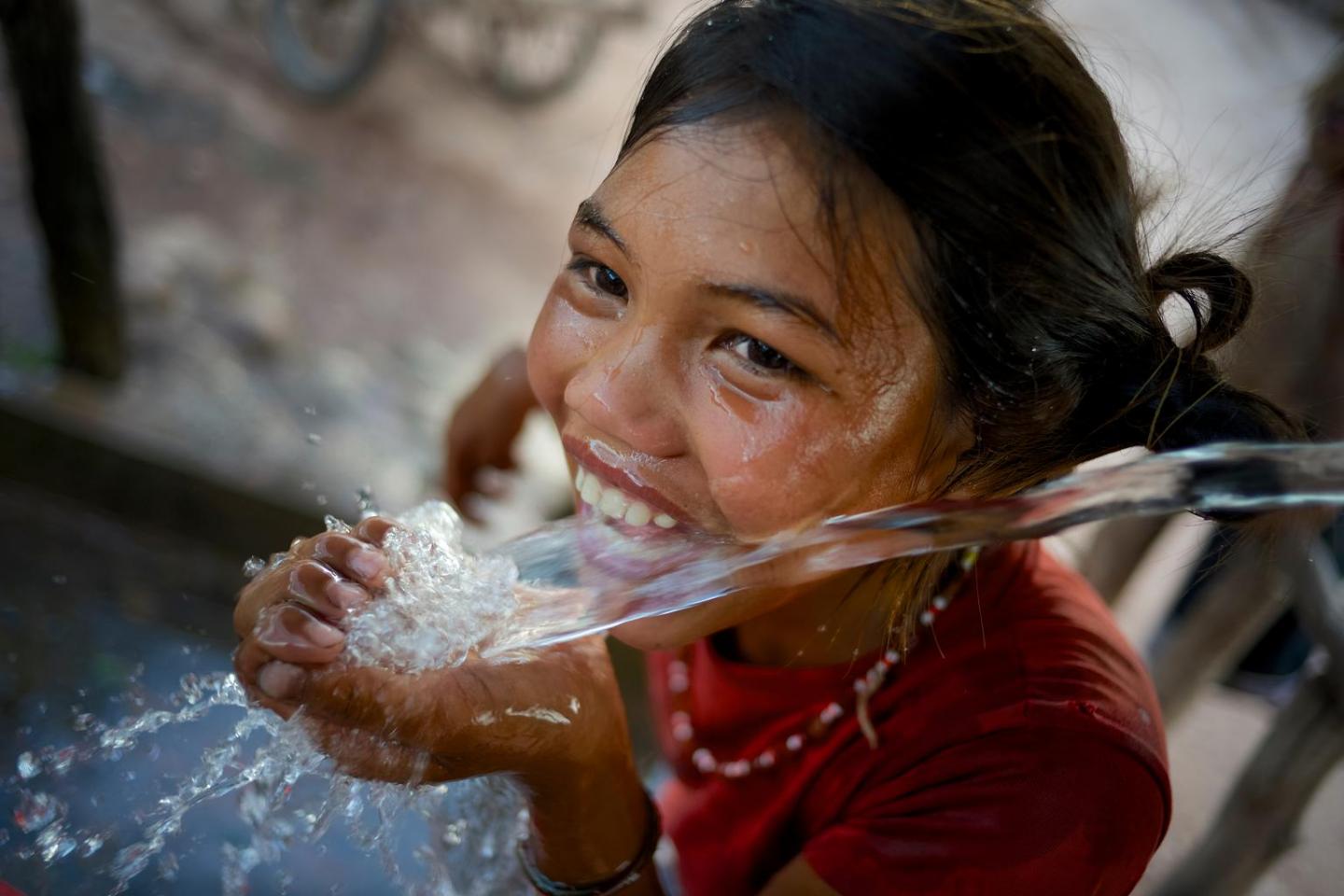
.jpeg)
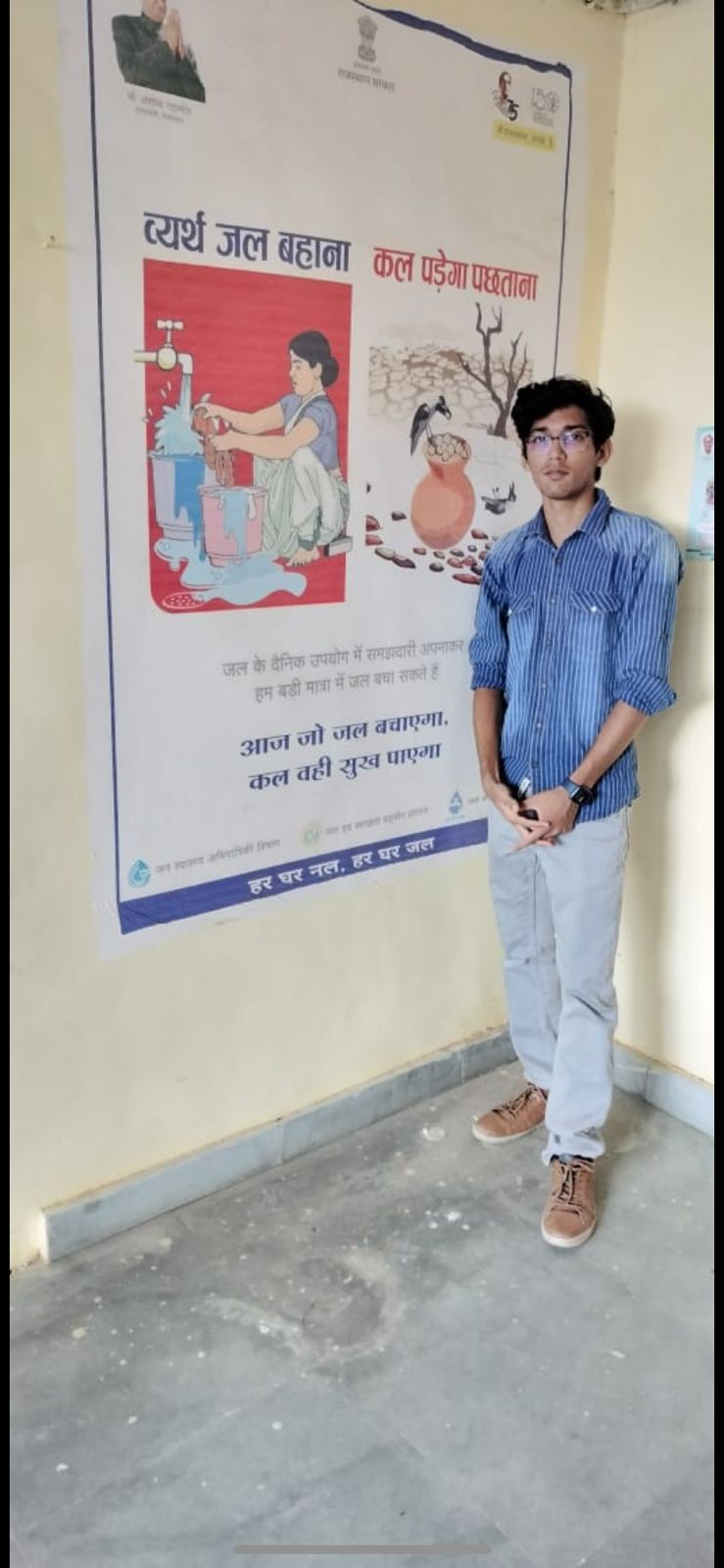

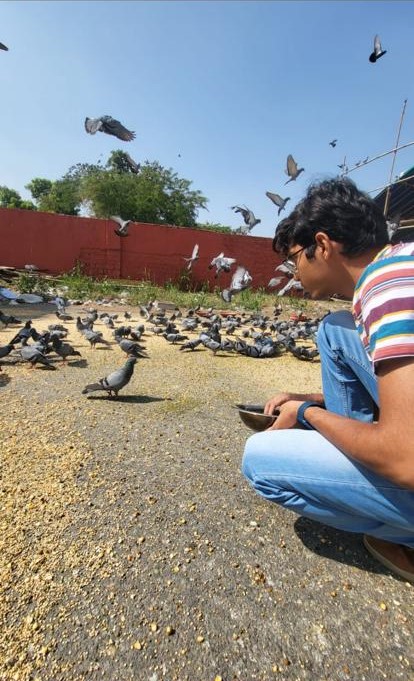
.jpeg)
.jpeg)
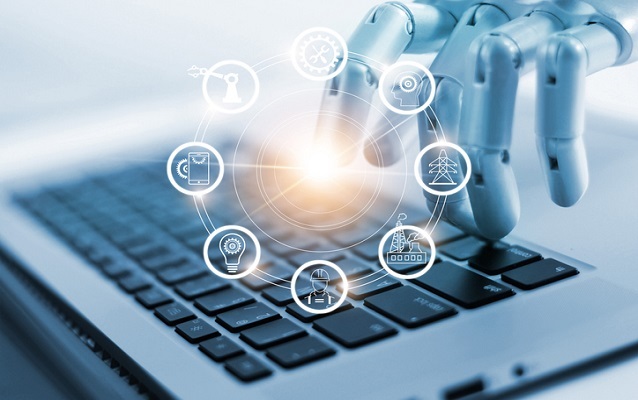
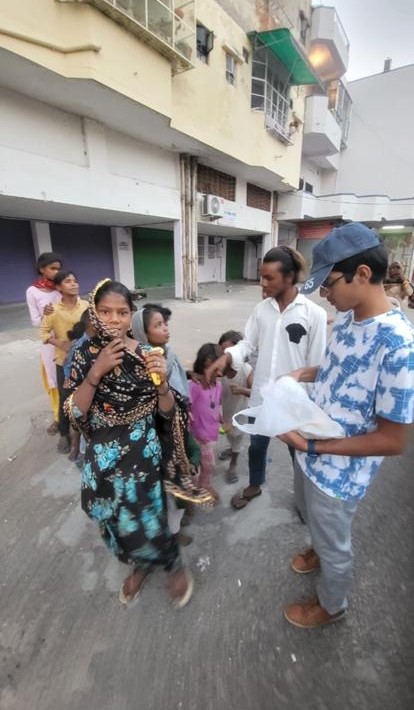
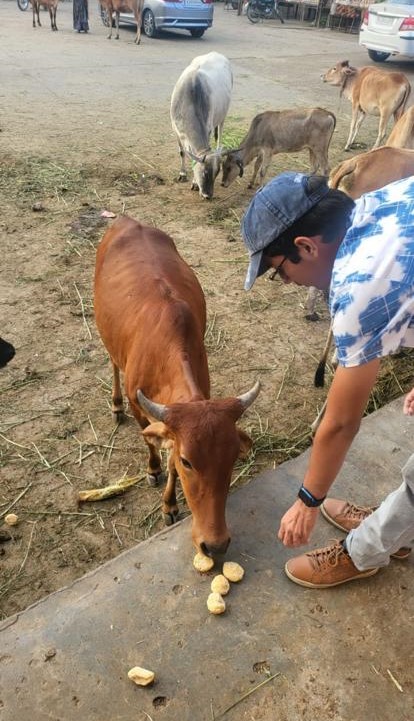
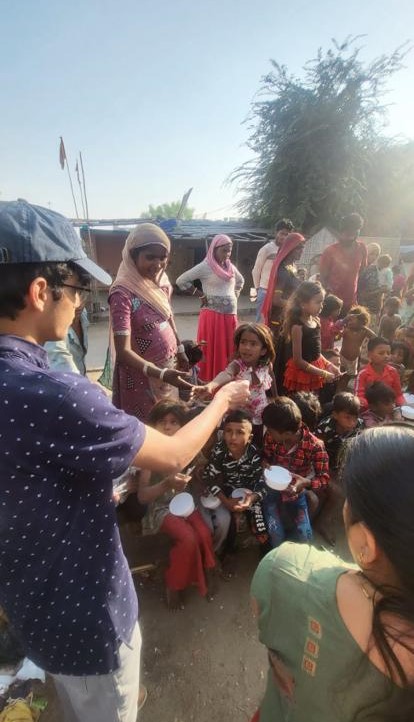
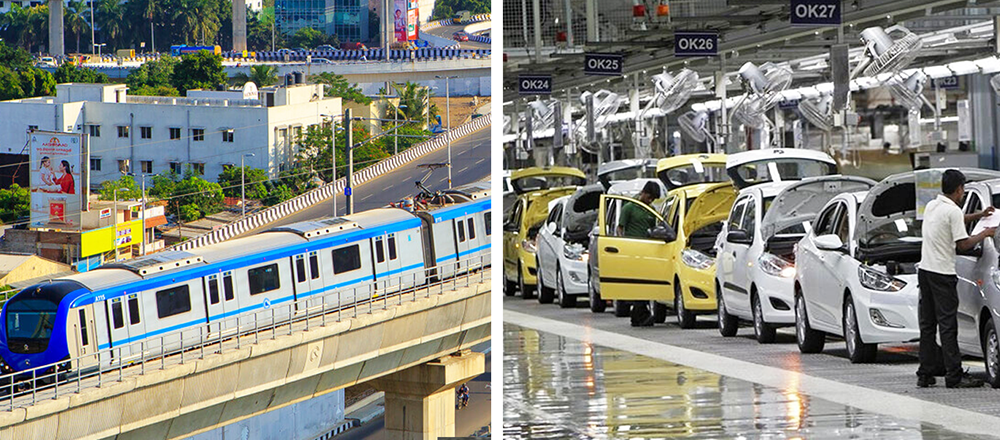
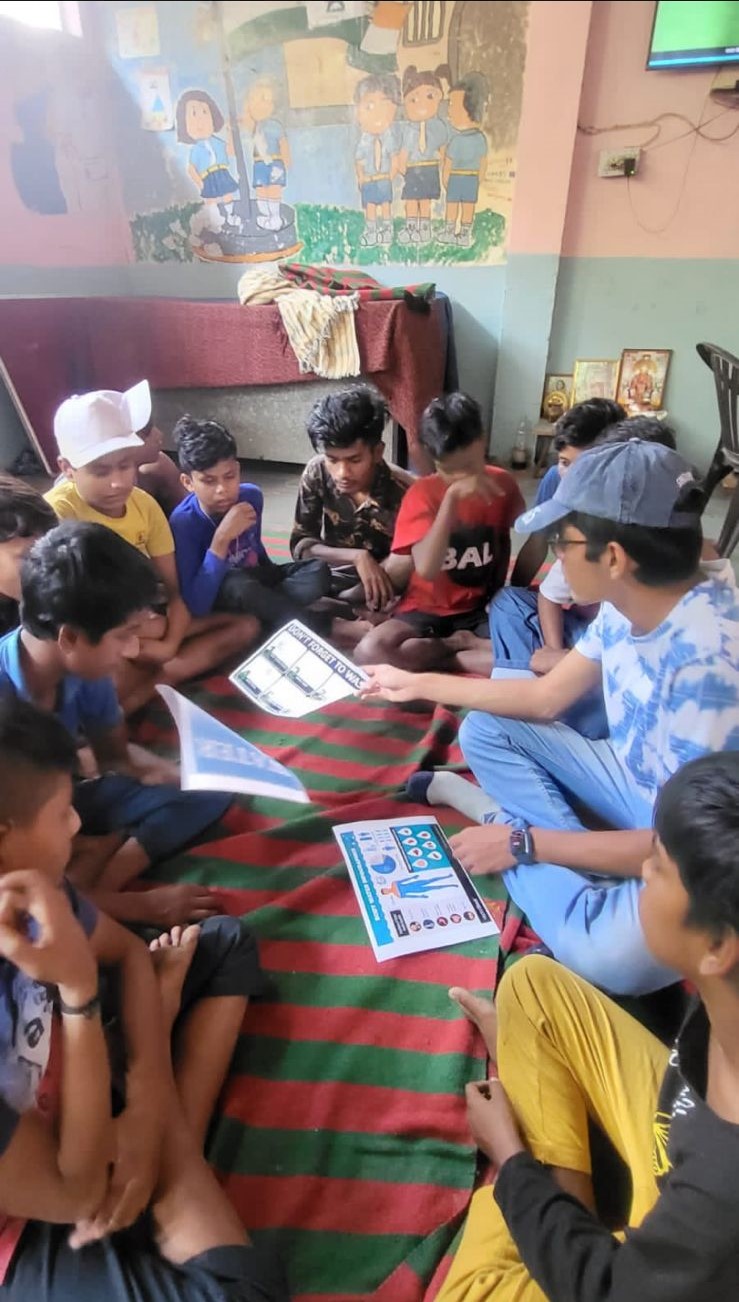
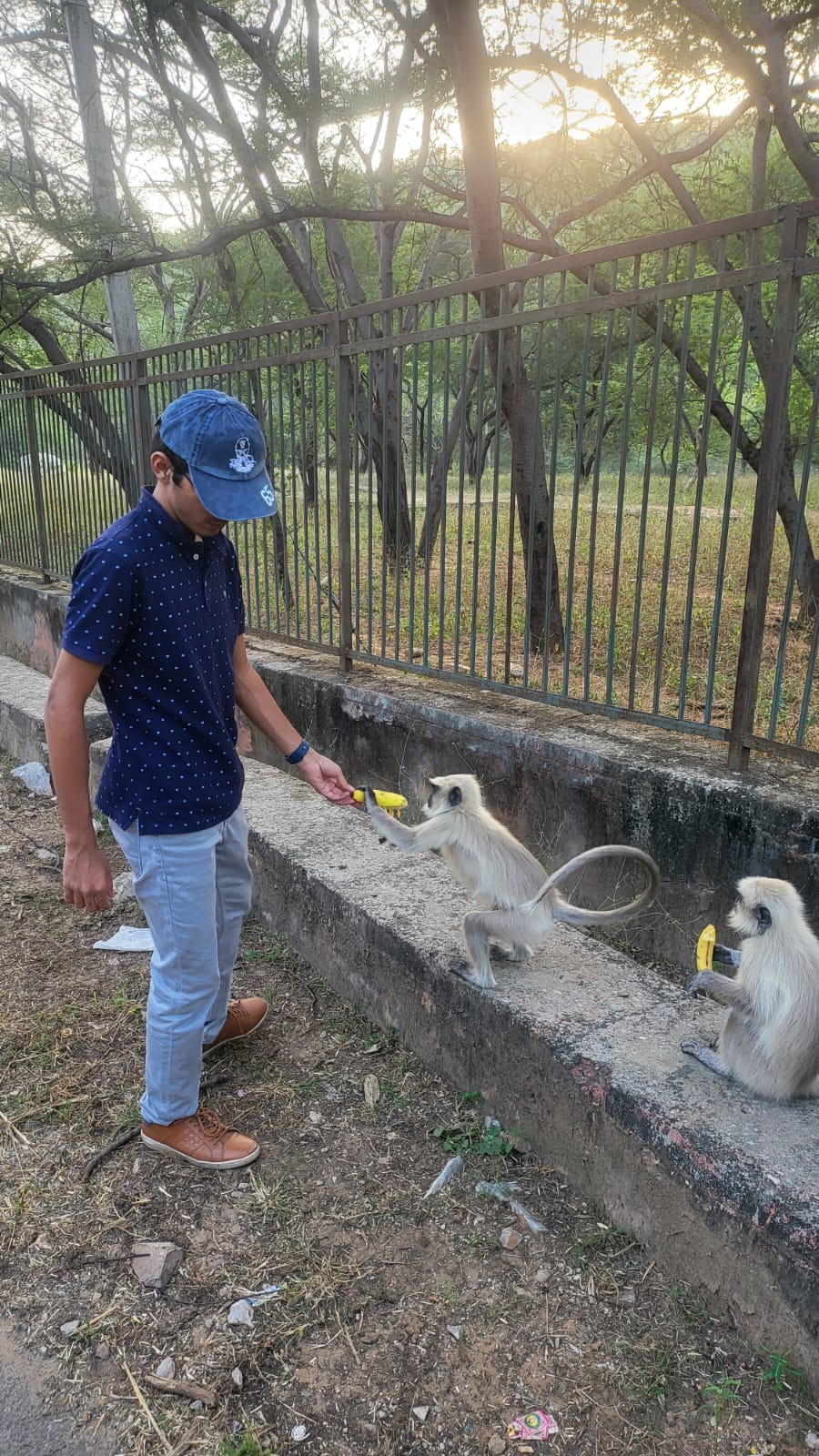
.jpeg)

.jpeg)
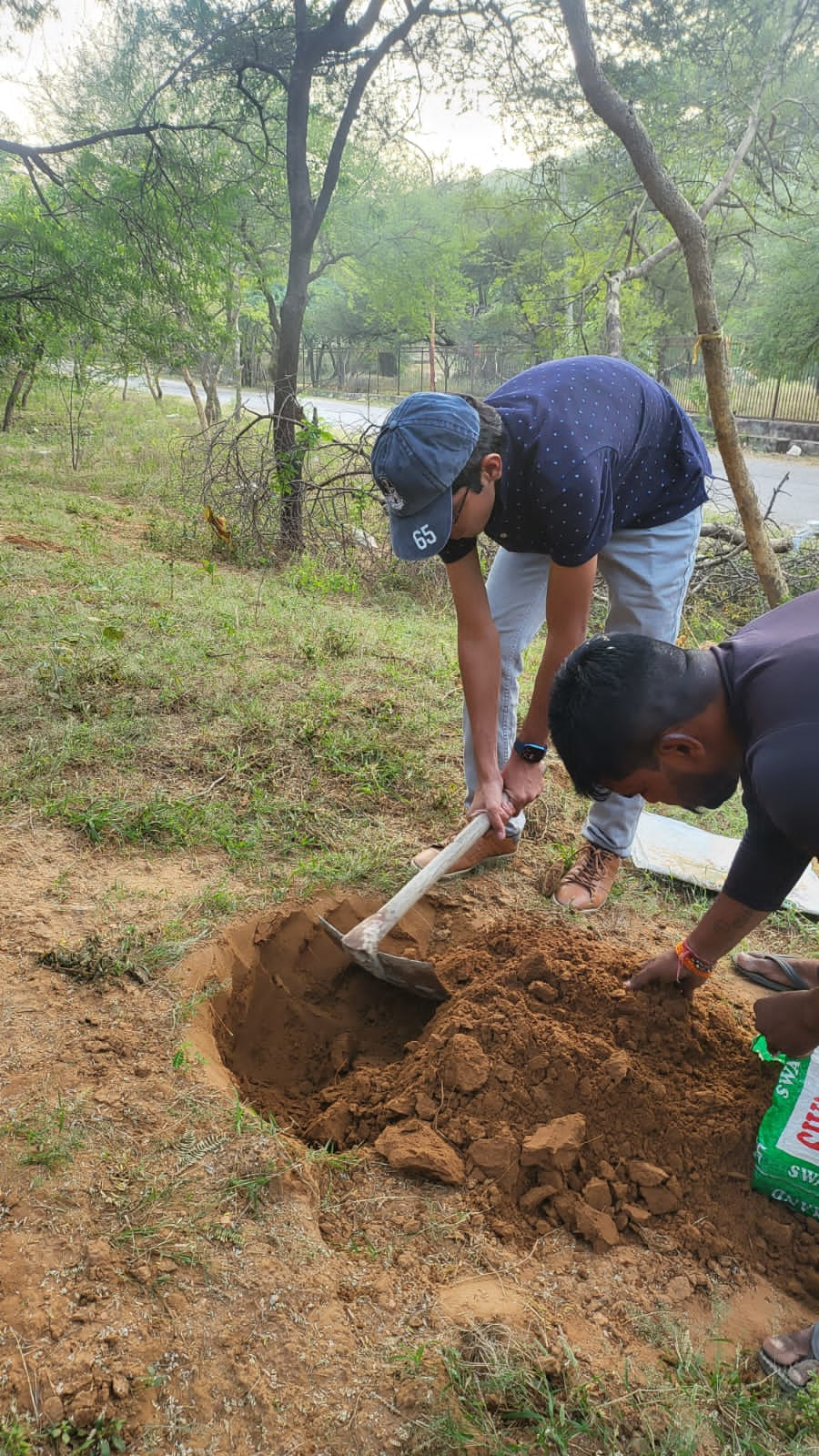
.jpeg)
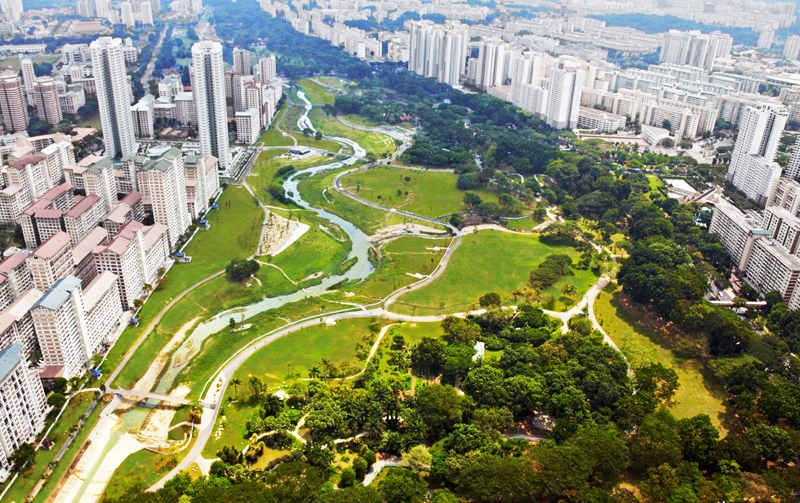
.jpeg)
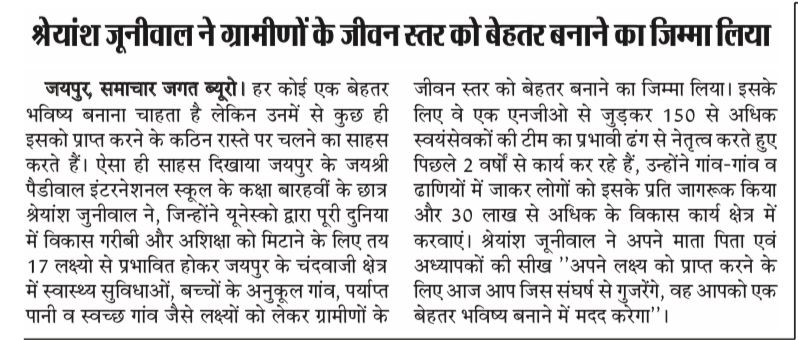
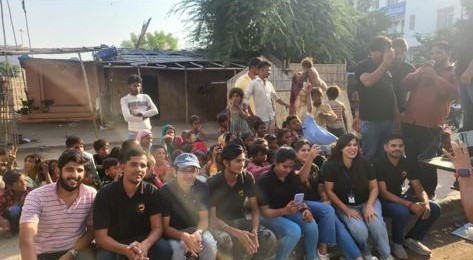
.jpeg)
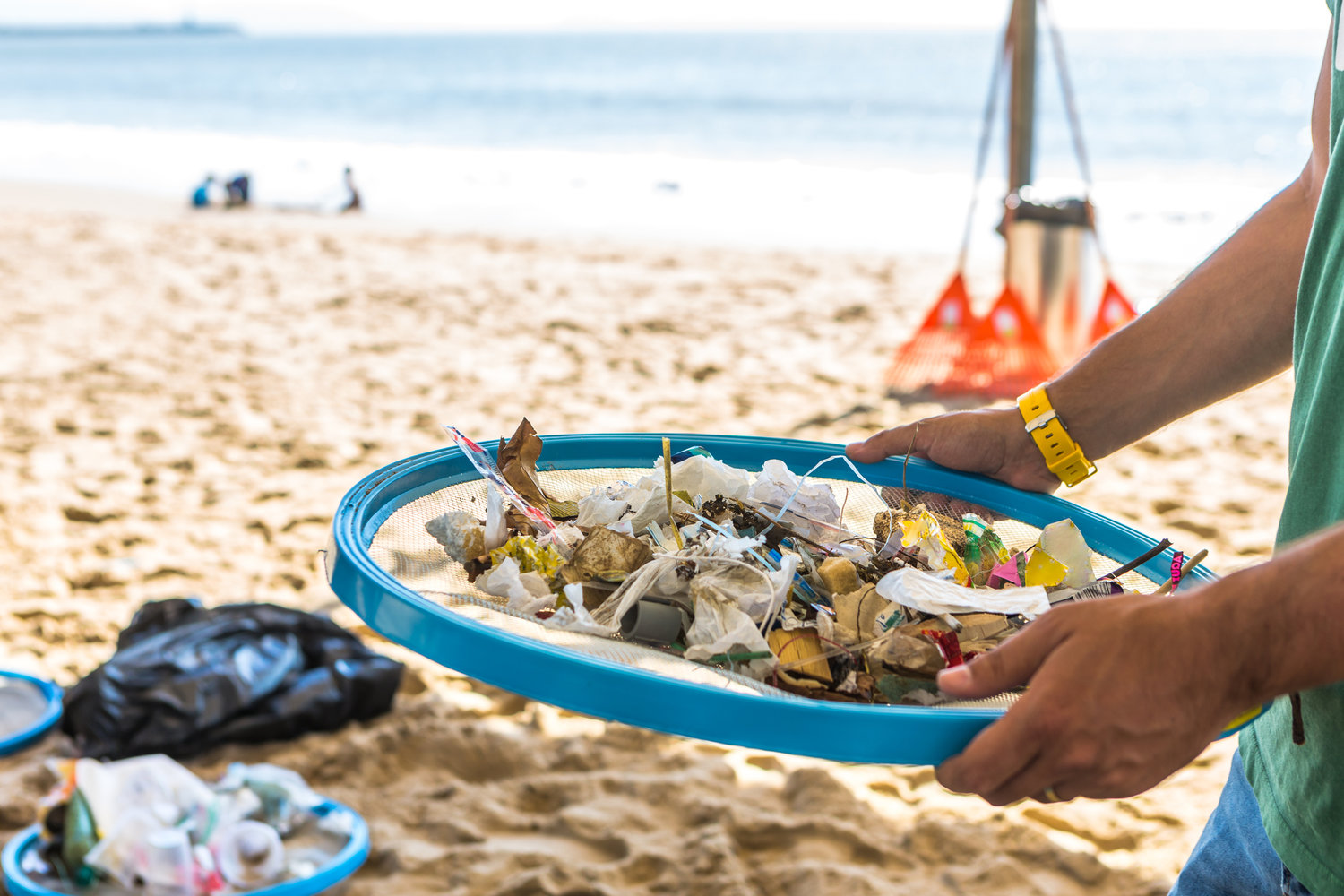
.jpeg)
